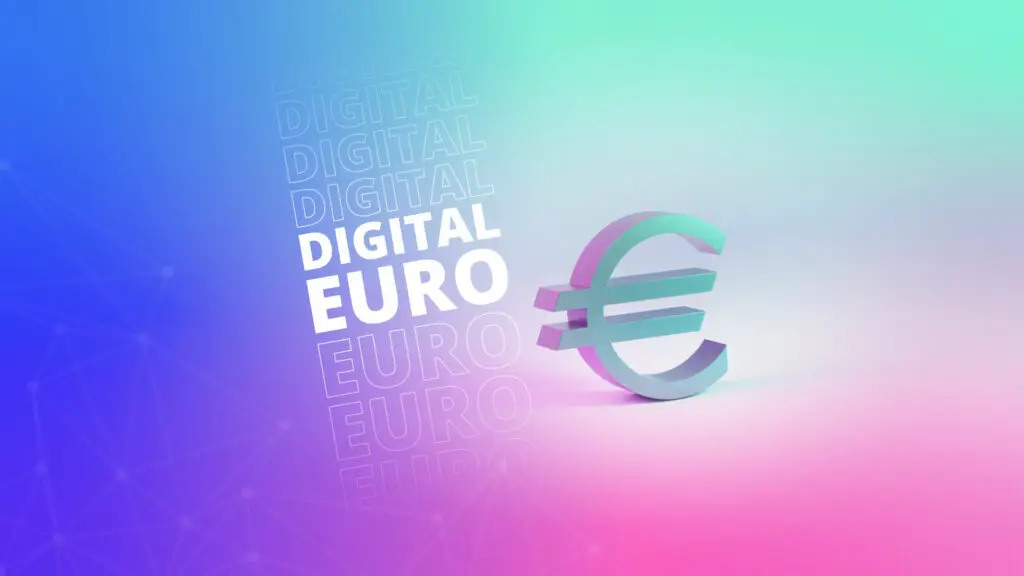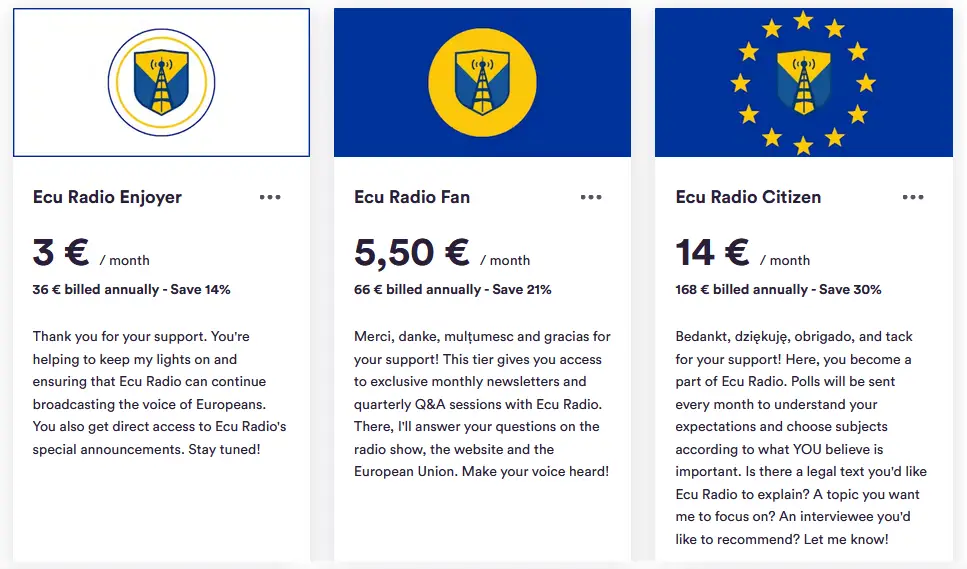
From the 7th of April to the 9th, the European Central Bank spoke extensively about the Digital Euro, expressing hope about its potential and publishing an update of its rulebook. Its President, Christine Lagarde, also called for it, wishing to end European reliance on international payment solutions providers such as VISA, Mastercard, Paypal and others.
But what is the Digital Euro? And what would it mean for the people? Let’s find out.
What is the Digital Euro?
According to the ECB, the Digital Euro is “Central bank money in digital form”. In other words: the Euro, except digital.
Behind this truism, the ECB mean that it would be money, still issued by the ECB, but not taking the aspect of a banknote or a coin, available free of charge for all. Citizens who are member of the Eurozone, border workers, and travellers passing by, everyone can access it and use it, like they would with regular cash, for their electronic payments.
Why is the Digital Euro a thing?
In two words: Strategic Autonomy, as outlined by Piero Cipollone, Member of the ECB’s Executive Board, in his speech on the 8th of April.. Currently, there is no European digital payment option that covers the entire euro area, with 13 out of 20 countries reliant on international card schemes for card payments such as VISA and Mastercard. Among the 7 others, those are national card schemes, which means travelling EU citizens still need payment solutions accounting for those international schemes to ensure paying is easy and convenient. The ECB sees the Digital Euro as an answer to this conundrum, especially in times for a stronger, more independant Europe is needed, as “the international environment becomes less predictable”.
Advantages flowing from this concept are:
- Monetary sovereignty. No international company could halt payment between Eurozone countries.
- Offering an alternative to Paypal, Stripe and other non-European solutions for e-payments.
- Mitigating the reliance on cryptocurrencies such as USDT and USDC, stablecoins pegged to the dollar. It would not be a cryptocurrency, as central banks have a mandate to maintain the value of money, whether it is physical or digital.
- Reinforcement of Europeans’ privacy, as the ECB would not be able to determine the identity or payment habits of people using digital euro.
The ECB also argues that this new competitor would force international card schemes to reduce their fees if they want to stay competitive, reducing costs for merchants and consumers alike.
How would the Digital Euro be used?
As a seamless replacement to e-payments apps and international cards schemes, using the Digital Euro would be like using previous payment solutions, except with a different wallet. This wallet, set up by your bank or with a public intermediary (e.g. post offices), would be your proof of storage, and the focal point for all of your digital payments. Think of it as an additional way to pay, with or without a linked bank account.
What’s the Timeline of the Digital Euro?
It is currently in its Preparation phase, going from November 2023 to October 2025. The expected steps are:
- Finalization of the scheme rulebook, last updated on the 9th of April. The fourth so far. It aims to provide a single set of rules, standards and procedures for digital euro payments. It is developed by the ECB in cooperation with the Rulebook Development Group and private sector experts.
- Selection of the service providers. An invitation to tender for external components was published and offers are currently being assessed.
- Analysis of the technical aspects. Lately, the holding limit was discussed. In parallel, deployment options for an offline solution were identified and potential roles for the Eurosystem were outlined.
From November 2025 onwards, the Digital Euro will be developed and use cases will be rolled out.
Diving Deeper within the Digital Euro system
To learn more about it, the ECB has been compiling numerous supporting materials:
Ecu Radio needs your support
Ecu Radio is an independent news website and podcast show, run full-time by a single dedicated contributor (for now). Support our work, get exclusive perks and help keep us going, starting from only 3 € per month.
Let's unleash Europe's potential together!
Click here to support Ecu Radio

